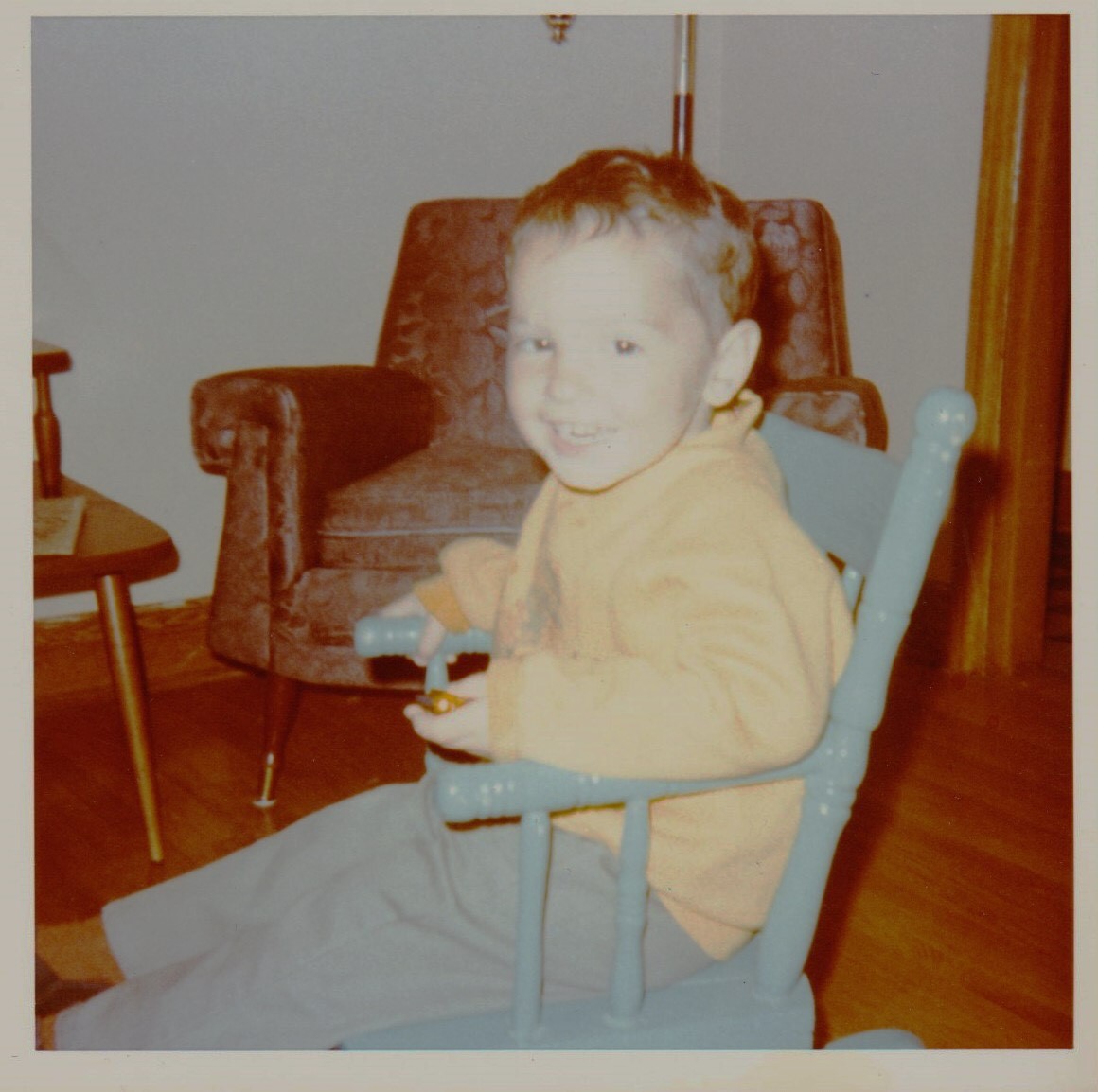Actually, its Giles, but it may as well be dysfunctional. I believe we are all dysfunctional to some degree or another. Some of us more than others. This is not a platform to discredit my upbringing. I believe parents do the very best they can for their children, even if it doesn’t turn out as planned. After all, what parent do we know gets up in the morning and wonders “What can I do to screw my kid up today I wonder?” It does however give the context in which I was raised and how I became who I am.
I was raised by a single mother in a rural prairie town. My mother was an intelligent, funny and beautiful woman who was extremely wounded from her own past. Unfortunately she did not appear to spend any time or energy healing from those wounds. She instead coped by overusing alcohol. Don’t get me wrong, I think she did the best job she could as a parent, but she parented out of her own woundedness and was a woefully inadequate parent. To be perfectly honest, if anyone should not have had children it was my mother.
My mother was emotionally abusive. That may sound harsh but it’s true. She used language that would make the hair on one’s neck stand up but she was smart. She only used this language at home. For all intents and purposes, she was a professional, hardworking woman with two boys. She was perceived to be strong and independent. And she was those things to be sure. But she was also abusive. And the fact that she was a professional further isolated me from being believed from others like teachers and such.
My mother was also neglectful. She provided the basics of life; food, shelter, clothing. But nothing beyond that. The last time I remember being hugged by her I was 3. Because of her own emotional pain, she was not available to parent. I am thankful that nothing serious ever happened to me or the house because she would not have been able to respond to it effectively due to her intoxication. I was mostly shielded from it by my older brother until he moved out when I was 10. Then the harsh reality of being my own caregiver was very real.
I can remember many horrible things that happened as a child. Nothing physically (she hit me once but nothing after that) but my mother was extremely shaming. I’m sure it was born out of her own self hatred and no doubt her hatred of men. The consequence of that was that I became the container for all the hurt and anger. It was a painful, lonely and desperate time. No one knows this but I remember as a 5 year old, contemplating suicide. Of course, it was in the mind of a 5 year old so it didn’t have the abstractness we would attribute to it today as grownups but it was suicidal thinking nonetheless. The only thing that stopped me was asking my mother a question about reincarnation and that she didn’t believe it was real. Had she given a different answer my life would have taken a different trajectory at that point.
This story however isn’t about pain and despair. It’s about resilience and determination. Ironically, despite the negative events in my early childhood, I’ve always maintained a sense of hope that things will get better. Somehow…someway…someday. I didn’t know how or when or why but I just believed things must get better. This of course led to dissociation (that’s what counsellors would call it) but it helped me attach myself to a bigger picture which gave me the courage to survive.
We all have painful experiences as children and adults regardless of our caregivers intentions and so it’s easy to vilify them or others in our lives. I think its crucial for healing however to see our caregivers as they are rather that what we expected or needed of them. Its crucial for no other reason than for us to begin to let go and heal from these historical wounds. People are flawed, we all know this. Yet we expect our caregivers to be perfect and to know what we need all the time. Its unrealistic. When we begin though to see our caregivers a flawed humans then we start to see their humanity, and our own. It provides an opportunity to have compassion for them and ourselves. We find an inner strength to let go of the hurt we feel and to be free of it. To not allow it to control us in our present lives. That is where resilience and determination come in. To not allow the ghosts of the past to dictate how we live today. Easier said than done, I appreciate that, but doable just the same. It takes one step into understanding and grieving our lost youth in order to live fully today. That is our challenge. Rest assured your children one day will want to talk to you about all of the ways you hurt them. I am fully prepared for that conversation with mine. My one desire is that I have the grace in that conversation to simply validate my children’s perspective and feelings. I don’t have to agree with them and I can understand my intentions were different. But that conversation isn’t about me. It’s about them and their being free from the past. It is a gift we can pass on when the opportunity strikes. To learn to love and let go is also an opportunity and gift we can give ourselves. When we do that, then we are truly free.
